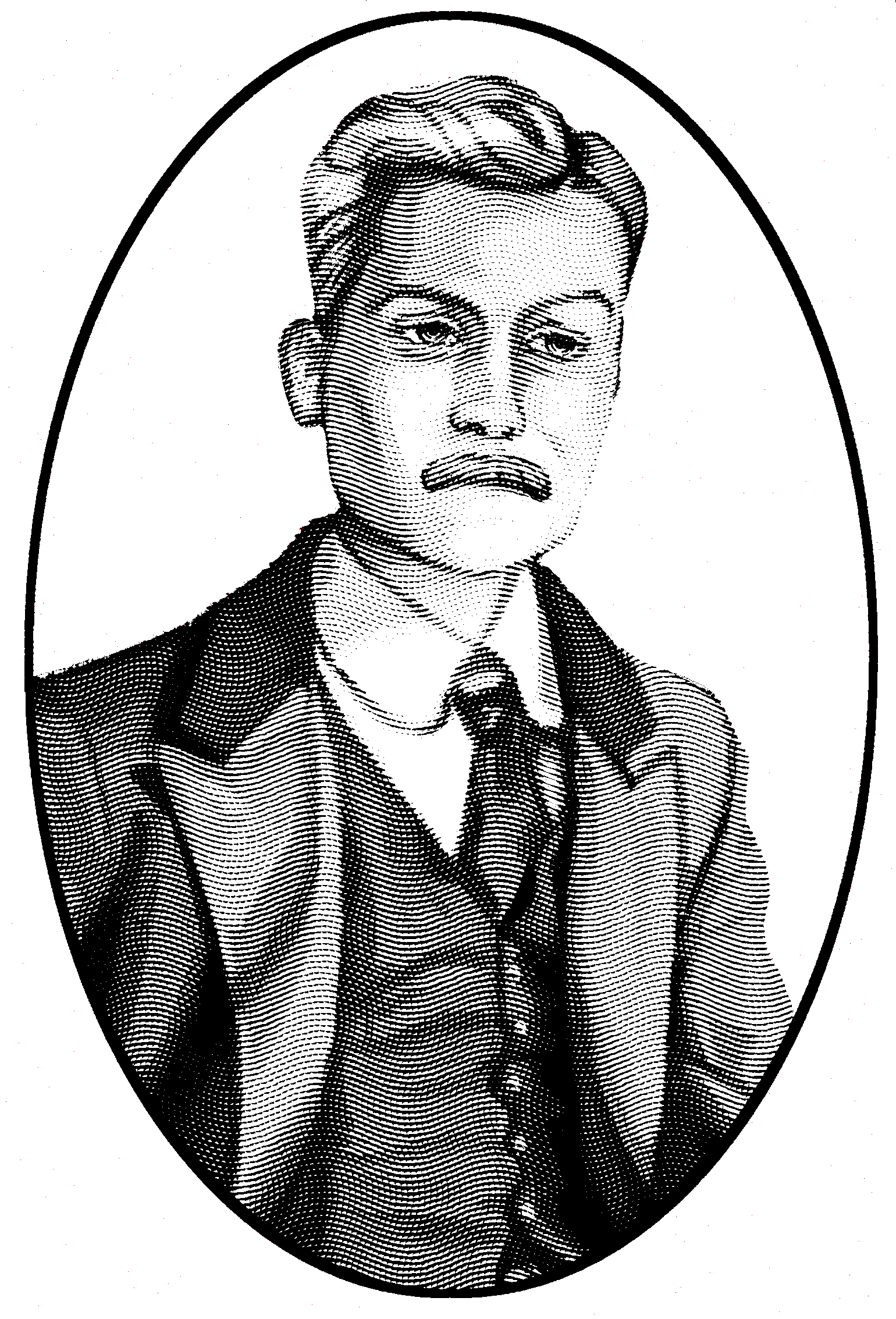
Spirits are an interesting and often underrated way to partake in an exotic culture. The kinds of plants they grew or had excess of to create with, the kind of style/taste prioritized, even the material of the containers used in the distilling process. Scotland is iconic for its Scotch, Ireland for its "Whisky," America for its bourbon and rye, Saki in Japan, the list is endless. One that I was shocked to discover was Baiju, a near-ancient spirit originating from China.
Made from grain, baiju has been recorded being made since 202 BC during the Han Dynasty. Baiju also holds the world's record for best-selling liquor, with 5,000,000,000 liters sold as of 2016, and 10.8 billion liters sold in 2018, more than whiskey, vodka, gin, rum, and tequila combined. Though, this can mostly be credited to eastern popularity and population density, as finding even a single bottle of baiju in America can prove to be a moderate challenge. While not particularly expensive ($35-$40 for non-aged) it is far from a regular part of the average American bar. However, specialty shops or larger shops may just have a bottle left.
Taste Profile:
This where things start to get weird. Despite having a smell almost identical to pineapple soda of all things, the taste is unlike anything my western pallet had been trained for. Ming River Sechuan Baiju (45% ABV) is definitely the most common version of this already rare spirit you will find in the US, so that is the version used for these tasting notes.
- Fuming salt water
- Aged cheese
- Faint citrus, mostly quiet aftertaste
Sipping: To the western pallet, Baiju isn't much of a sipper. It doesn't bite in the way that other clear grain spirits are known to do like gin and vodka. It's odd taste does inspire a degree of fascination for the curious, but I'd be hard-pressed to see this become a soothing sipper by itself.
Shooting: This is one of the few spirits that truly shines for shots. In Chinese business etiquette, to judge a business partner, you would do shots of baiju together to "reveal the true self" and gauge trustworthiness. The curious smell of a shot of baiju combined with its swift, strong and odd taste makes it a perfect "hair on you chest" shot choice.
Mixing: This one proved difficult as, shockingly, there weren't many cocktail recipes that called for baiju, let alone featured it. But, where real experience fails, cinema succeeds. John Carpenter's Big Trouble in Little China (1986) does baiju some justice. To prepare Jack Burton and the other protagonists for the final battle, a wise old Chinese wizard named Egg Shen prepares the "medicine," a cocktail featuring baiju. There are numerous recipes to prepare this using baiju, but after careful experimentation, I have devised the best:
- 5oz pineapple juice
-1oz lime juice
-x2 dashes of cardamom bitters
-x2 dashes orange bitters
-1.5oz Baiju
-.75oz Bacardi 8 year aged rum
(Shake with ice)
- Pour two parts mix and one part ginger beer
-garnish with a piece of dry ice if you'd like to get the same effect from the movie
Boom! The medicine! "See things no one else can see, do things no one else can do!" According to Egg Shen. According to me, it's a great western framing of a rather peculiar eastern spirit. If you've never tried it, for the cost, even if you don't fall in love with it, I recommend buying a bottle, having your friends over and trying it purely for the experience.

